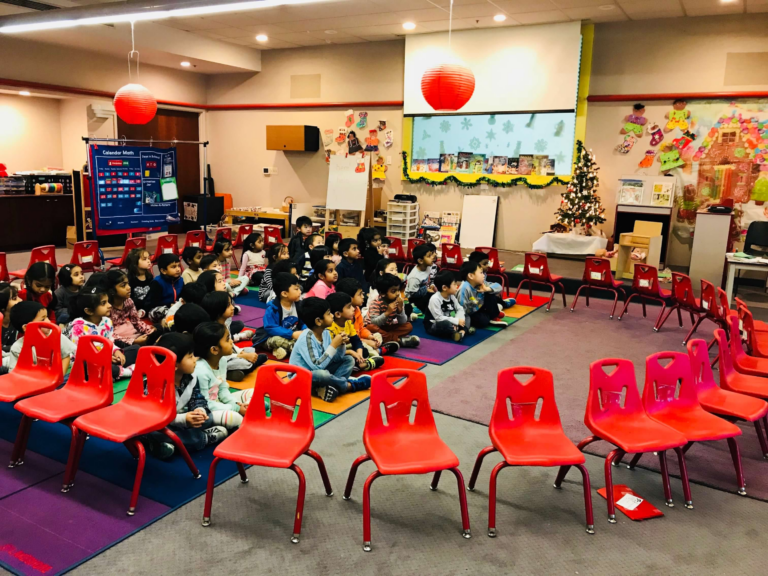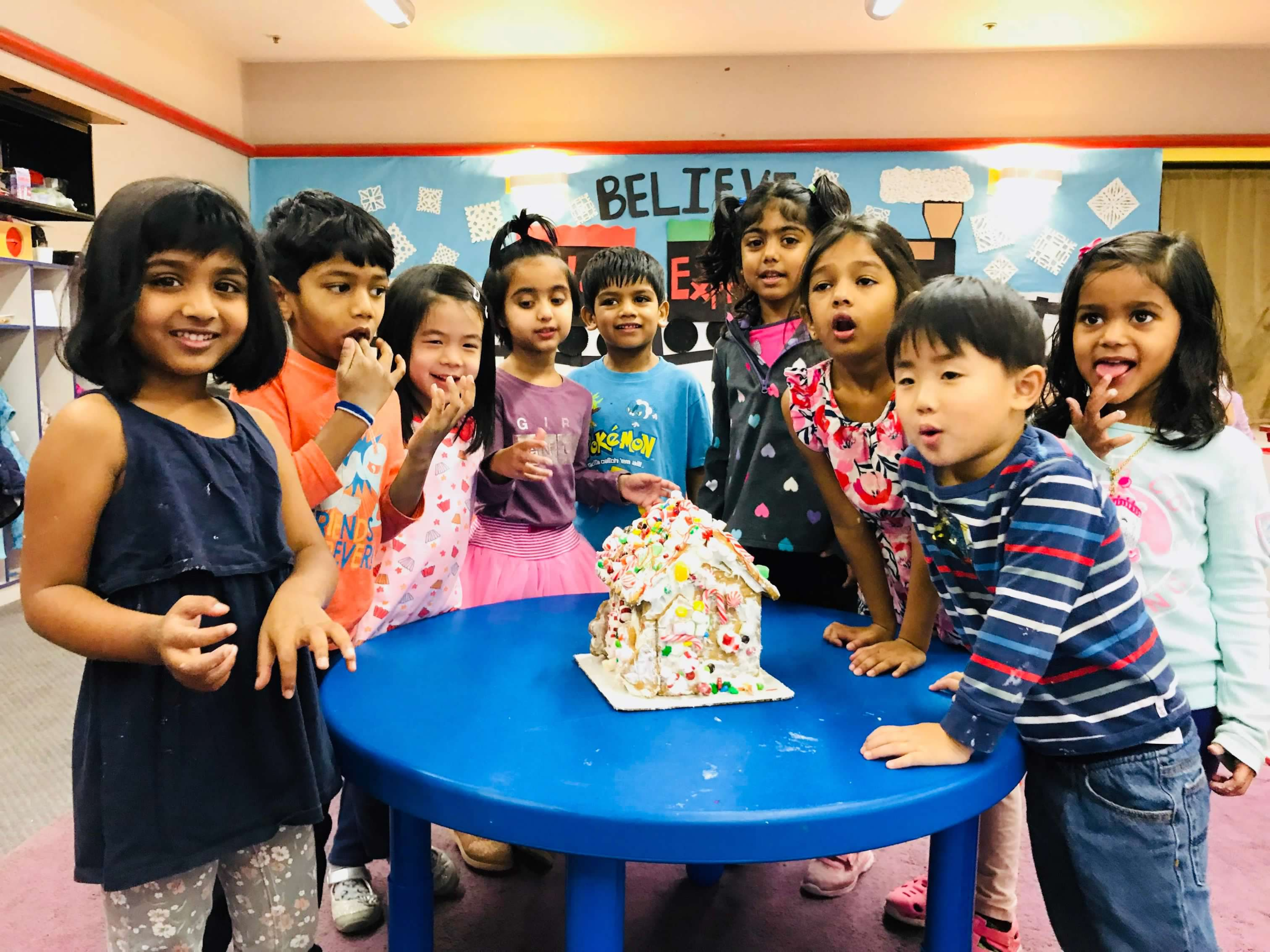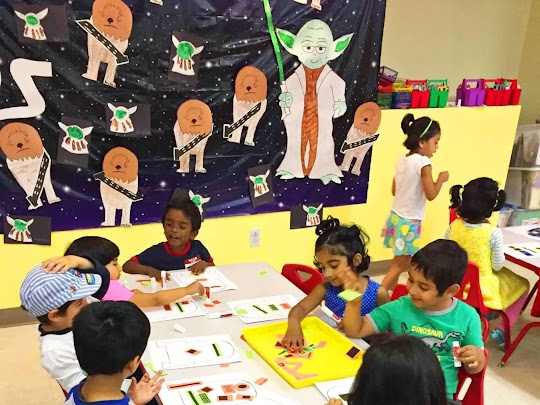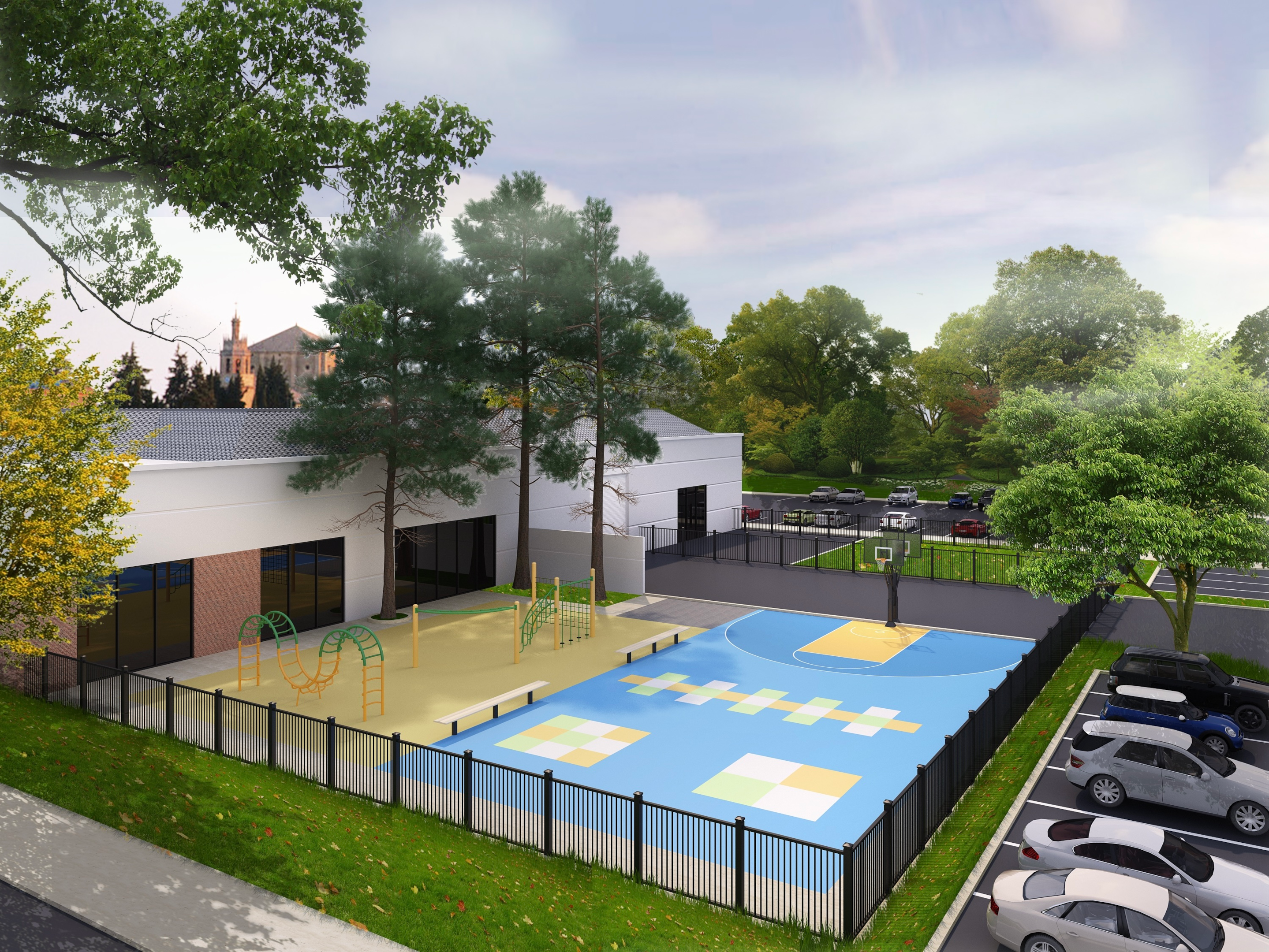
Preschool vs. Daycare: What is the difference?
Three Kinds Of Child Care Programs:
Child care is an essential service for many families, as it allows adults to go out into the workforce and know that their young children are being cared for in a safe and nurturing environment. There are three basic kinds of child care services available: preschool or daycare centers, family home care, and nannies. Each one of these child care programs has its own pros and cons, so it’s important to consider the best fit for your family’s needs.
Preschool-Daycare Centers
A center based child care program provides a large facility where multiple children of different ages can be cared for by a staff of trained child care professionals. These centers often have access to outdoor or indoor play areas, as well as educational activities led by teachers or child care providers. The benefit of this type of child care is that children will benefit from interacting with other children and learning in an environment supervised by adults who specialize in child care. However, this kind of child care can also be expensive, depending on the facility and the location.
Daycare-Family Home Care
This type of child care offers another child care program option where small groups of young children are cared for in someone else’s home instead of a dedicated facility like with a child care center or with an individual like when hiring a nanny. As with any kind of child care providers, there are licensing requirements which must be met before providing care within someone’s home as well as background checks required prior to working with any families or children involved. The benefit here is that these arrangements tend to be less expensive than employing either a nanny or enrolling in Preschool Programs since there isn’t usually an overhead cost like rent associated with running such an operation from one’s own home; however, family child care may not have access to resources such as games or materials that may typically be found in dedicated facilities utilized by larger operations like traditional child care centers, and my not have access to specialized child care training programs that child care centers may offer their employees either.
Nannies
This child care option offers a child care option for individuals to be hired to come into the home and take care of the younger children directly. This is typically a one-on-one relationship between the nanny and the child which allows for more personalized attention than what might be provided in a group setting like at a Daycare Center. Nannies generally cost more than daycare centers because they can provide more direct supervision for the child, but also have fewer resources at their disposal to implement activities than what would usually be provided at a daycare center. Additionally, hiring a nanny requires interviewing potential candidates, background checks, insurance coverage costs, etc., so there could be additional costs associated with this type of child care arrangement.
Preschool Vs. Daycare: The Disadvantages And Advantages Of Each Option

Daycare and Preschool are two distinct types child care services for young children, both of which have their own benefits. Daycare is a child care program that typically serves children up to the age of five, while preschool is usually geared toward the age groups between the ages of two up to the school age.
When it comes to cost, daycare tends to be more affordable than preschool because there is less structure and fewer early childhood education resources involved. Daycare centers may also provide before-and after-school care for elementary school age children as well as drop-in care for those who may need it.
On the other hand, preschools are generally more structured and typically offer a variety of early childhood education activities for their students. These activities include arts and crafts projects, singing songs, playing games, reading stories, working on puzzles, playing outdoors or in designated play areas, and socializing with other children. They also often use teaching methods such as circle time or group instruction to introduce basic concepts such as numbers and shapes. Preschool programs also typically adhere to specific hours during the school year that align with traditional elementary schools; however they may close early during holidays or breaks from school when most working parents would rather take advantage of free time at home with their families.
In terms of curriculum content, daycares tend to focus primarily on providing socialization opportunities and taking care of basic needs such as feeding and naps; whereas preschools generally have an emphasis on pre-academic preparation through exposure to letters and numbers along with developing language skills like reading aloud. So, preschools tend to better prepare children for for elementary schools when they get to the school age.
Overall, both daycares and preschools provide valuable experiences for young children in different ways; however having an understanding of what each child care option offers can help parents make an informed decision about which type best suits their family’s needs.
Compared with a preschool program, daycare is often family based. Daycare is usually geared towards younger children, from infancy up to age four or five. The primary focus of daycare is on ensuring that the physical needs of the child are met, such as providing meals and snacks and making sure they get enough sleep. Some daycares also provide some basic learning.
Preschool, on the other hand, is designed for children aged three to five who are entering more formal education.
In contrast, preschools provide more structured learning opportunities than daycares do; this includes lessons in language and literacy, math concepts, science exploration, art projects and music appreciation. Preschool also introduces important social skills such as sharing and cooperation. This type of setting has a higher staff-to-child ratio than daycare does so that each child can receive more individualized instruction and attention. As preschools are more focused on early education, many high quality child care centers are also called early childhood education centers.
In conclusion, while both daycare and preschool provide education for young children, the main difference between them is the level of structure in the learning environment. Daycare focuses mostly on providing basic care while preschool provides a more formal early education experience in a variety of subjects with an emphasis on developing important social skills.
Does Preschool Really Make A Difference?

Yes, preschool really does make a difference in the lives of young children. Research has consistently shown that attending preschool can have long-term positive impacts on academic and developmental outcomes for children. It provides critical support at a critical time of life when brain development is most rapid and malleable. High quality child care service affords critical foundations for language, cognitive, social and emotional development. The experience of attending a high-quality childcare services during this formative time helps foster essential skills that will benefit a child in all aspects of their life throughout their educational journey and beyond.
Before the school age children enter kindergarten, it would be highly beneficial for them to attend the center based programs and be exposed to formal training and acquire pre academic skills because most preschools can provide more individualized instruction than what is typically available in a kindergarten classroom setting. For example, they may offer small group activities such as circle time or storytime that target specific areas like early literacy or math skills. Most preschools also offer opportunities for socialization and cooperation with peers, which is important for the development of language, communication and other important life skills. Additionally, a licensed child care center usually has dedicated outdoor play space that allows kids to explore movement and gross motor skills in a safe and secure place while building foundational health habits such as exercise and healthy eating patterns.
On top of providing these important experiences to young children, studies have also found that children who attend preschool are more likely to have higher educational attainment later in life than those who do not attend preschool at all. Children who attend high-quality early learning environments demonstrate better outcomes related to academics like reading readiness or problem solving as well as socioemotional outcomes such as self-regulation or interpersonal relationships. These effects persist into adulthood; attending preschool has been linked to higher college attendance rates, employment stability, better income potential later in life, and even increased voting participation rates.
In conclusion, the evidence supports that attending a preschool makes an invaluable contribution to the lives of young children by providing them with meaningful learning opportunities while laying the groundwork for future success both inside and outside the classroom environment.
What Age Is Best For A Child To Start Preschool?
The most beneficial age to begin Preschool is three years old. At this age, children are beginning to develop important social and emotional skills as well as learn how to interact with peers, which is essential for later school success. Also at three years old, children have started to develop language abilities and can communicate more effectively with their teachers. Preschool also provides young children with the opportunity to explore and discover new activities, as well as learn how to think creatively while engaging in problem-solving tasks. During a preschool program, children will begin to build foundational literacy and math skills that they can take with them into Grade 1 and beyond. Research suggests that starting preschool at three years of age helps prepare young learners for future academic success by providing an environment where kids can work on their vocabulary development, literacy skills, creativity, fine and gross motor coordination, problem-solving abilities, self-confidence and socialization skills in a safe and supportive learning atmosphere.
Is 2 Year Old Too Early For Preschool?
Some experts may argue that 2 years old is too young for preschool, while others may argue that it is the perfect time to start. Generally, most preschool programs accept children 2 year olds in California. The decision about whether 2 years old is too early for preschool should be based on a child’s individual needs and abilities.
A two year old might not be ready for the structure of a regular preschool program and may benefit from being enrolled in a play-based program. If a child is already displaying signs of being ready for preschool at age 2, then it can be beneficial to enroll them in an appropriate program where they can receive the necessary stimulation and learning opportunities that will help them achieve their potential.
In conclusion, some children may benefit from starting preschool at the age of 2 while others may not be quite ready yet. It is important to consider all aspects when deciding if it would be appropriate to send your toddler off to preschool – their individual readiness level and needs as well as available programs that best suit those needs should all be taken into account.
As California public school start transitional kindergarten program admitting children as young as 4 years, the child’s development for school readiness is certainly accelerating. Inj Silicon Valley, it is a common practice for working parents to send 2 years old to preschool, and there is a high demand for the programs admitting age group of 2-3 years old.

